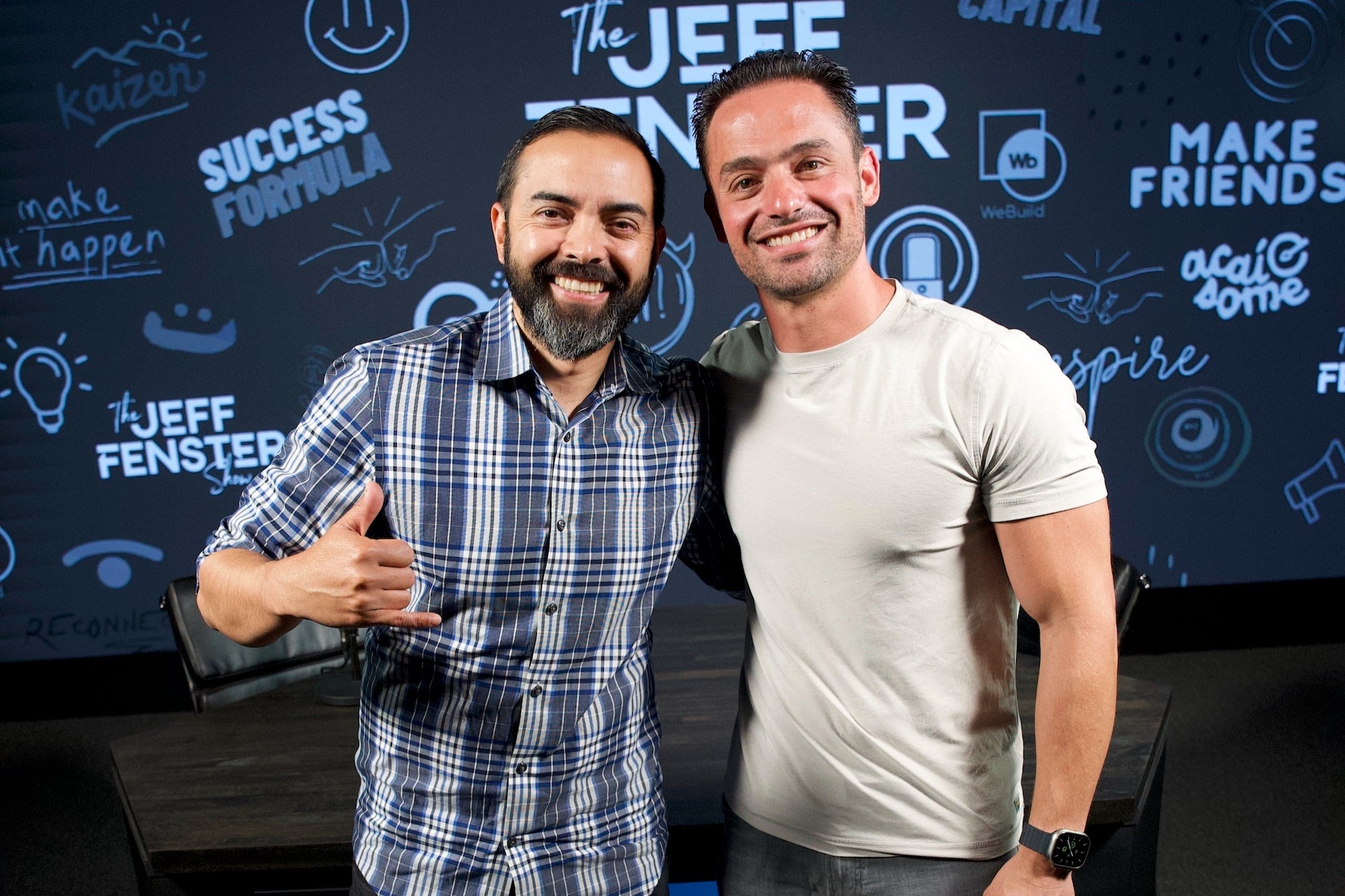5 Brain Training Techniques to Cultivate Your Creative GeniusBrain science reveals creativity is just as much a skill you can develop as it is a gift to be thankful for.
ByDeep Patel•
Opinions expressed by Entrepreneur contributors are their own.

The ingenious inventor, the savvy entrepreneur, the innovative scientist, the imaginative writer… No matter what our field or area of expertise, we all seek to be more creative and innovative. We all want to be original.
Many of us regard creativity as an awe-inspiring, almost magical gift that some people are simply born with. But just as creativity can be expressed in many different ways, it can also be learned and sharpened like any other skill.
In the modern world, there is no room for the humdrum or mundane. A clever and inventive mind opens doors to success. Here are five ingenious ways you can begin training your mind to be more creative and innovative.
1. Seek to use both sides of your brain.
Don't fall for the myth thatright-brained peopleare more creative while left-brained people are more analytical. True creativity comes from usingbothsides of your brain.
The most imaginative ideas must be logical and rational in order to work. The most scientific and analytical of approaches must still be unique, thoughtful and ingenious.
Roger Sperry's research into his split-brain hypothesis in the 1960s showed that some activities, such as spatial reasoning and appreciation of beauty, stimulate the right hemisphere of the brain, while things like analytical thinking and language stimulate the left hemisphere.
But creativity requires a whole-brained approach because it requires lateral thinking, or thinking about things in new ways. When we "think outside the box," we devise fresh approaches to solving problems and meeting challenges.
Work to build your whole brain by using both right and left sides. Try juggling or doing origami, or just do daily activities like writing your name or brushing your teeth with your non-dominant hand.
Start looking at things differently -- literally -- by wearing your watch upside down or using your phone upside down. Try writing backward: it worked for Leonardo da Vinci, who wrote his notes in "mirror writing."
Related:Surprising Truths About the Left and Right Halves of Your Brain (Infographic)
2. Cultivate a thirst for knowledge.
A lifelong thirst for knowledge will fuel yourcreativity. A thoughtful and intelligent mind demands a constant flow of information. By continually learning and growing, you feed your mind with ideas and expand your thinking. Seek to be broad-minded and open to new concepts and approaches.
This includes being willing to try different ideas and not just dismissing something you disagree with out of hand.Communicationisn't a one-way street. It means being willing to question everything, to keep yourself motivated and curious about the world around you.
Work to develop both vertical knowledge, which is a deep dive into a particular topic, and horizontal knowledge, which means having a solid amount of understanding in a wide variety of fields.
Having a broad range of knowledge in different areas will give you the background to pull new ideas from. But being deeply familiar with one area will give you the insight necessary to innovate within that field.
Related:Why You Should Strive to Be a Lifelong Learner
3. Explain things back to yourself.
Being creative also requires that you understand the information you have been given. It's one thing to read a book and study a subject, but it's another thing entirely to be able to explain that topic to someone else (or yourself). Being able to explain new knowledge shows that you have processed and internalized the information on a deeper level.
如果你能解释一些回自己,你can also expand on it, reshape it in your own unique vision or integrate your own ideas. You can follow threads of ideas and create new concepts.
To be a good explainer requires you be a good listener. After all, you can't fully absorb and retain information if you haven't really heard what has been said.
Get in thehabitof explaining things back to yourself to further solidify knowledge. This process can also help you think through areas that may be improved, which will boost your ability to brainstorm and build on concepts.
Related:7 Hobbies Science Says Will Make You Smarter
4. Take breaks to "switch on" your creative side.
Have you ever been hard at work at a task that required problem-solving, feeling like you're on a roll, only to realize later your ideas were mostly redundant and uninspired?
According toHarvard Business Review, our natural inclination is to keep working on a problem even when we aren't making headway. When working on an idea that requires creativity, we often reach a dead end without realizing it. Research shows that it's crucial to take breaks at regular intervals to give your mind a chance to refresh.
Set a timer, and when it goes off, switch tasks. Do something else for a while, and then return to your original task. Doing this will help you switch on your creativity and keep your problem-solving productive and innovative.
If you're having trouble, try approaching a problem from a different perspective. It may help to work backward, starting with the solution, or to turn a problem on its head and conceptualize it from a different angle.
Related:How to Train Your Creative Mind
5. Let your imagination run wild.
One of the best things you can do to hone your creativity is to tap into the natural imaginativeness and ingenuity that you had as a child. We loved to play and pretend as kids. We learned how to create imaginary worlds where anything was possible. We enjoyed challenging ourselves with games and tests of skill.
Give yourself time to let your mind wander, to explore, to daydream, and then use the ideas that surface as part of your brainstorming. Challenge yourself with creative exercises, such as doodling in a sketchbook or writing flash fiction.
Keep a journal of your ideas, however fantastical or impractical they might be. Giving your mind time to dream and problem-solve is a great way to build your creative muscle.
If you cultivate a mind that is imaginative, open to all possibilities, balanced, full of knowledge and refreshed frequently, your genius and creativity will start to flourish.












